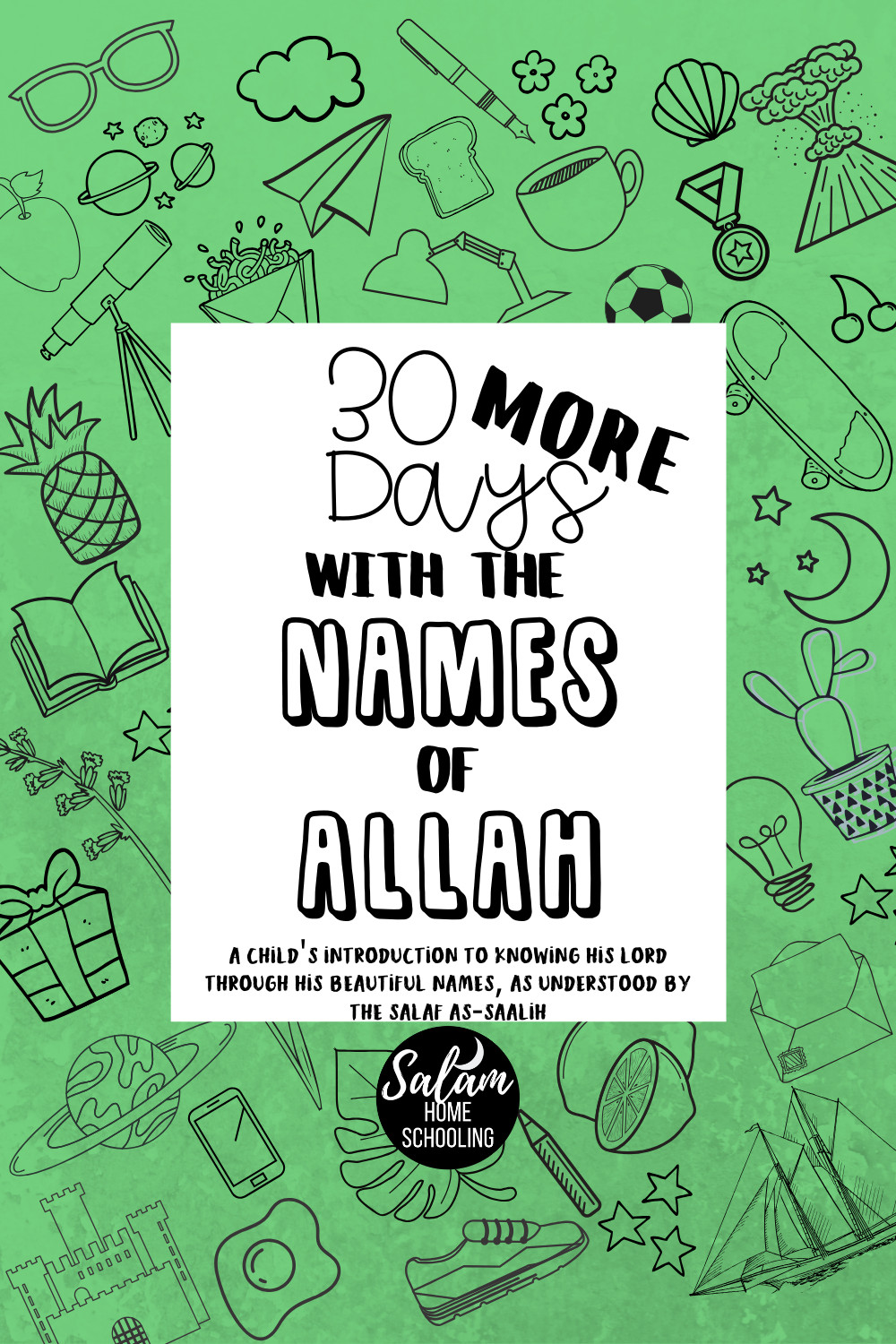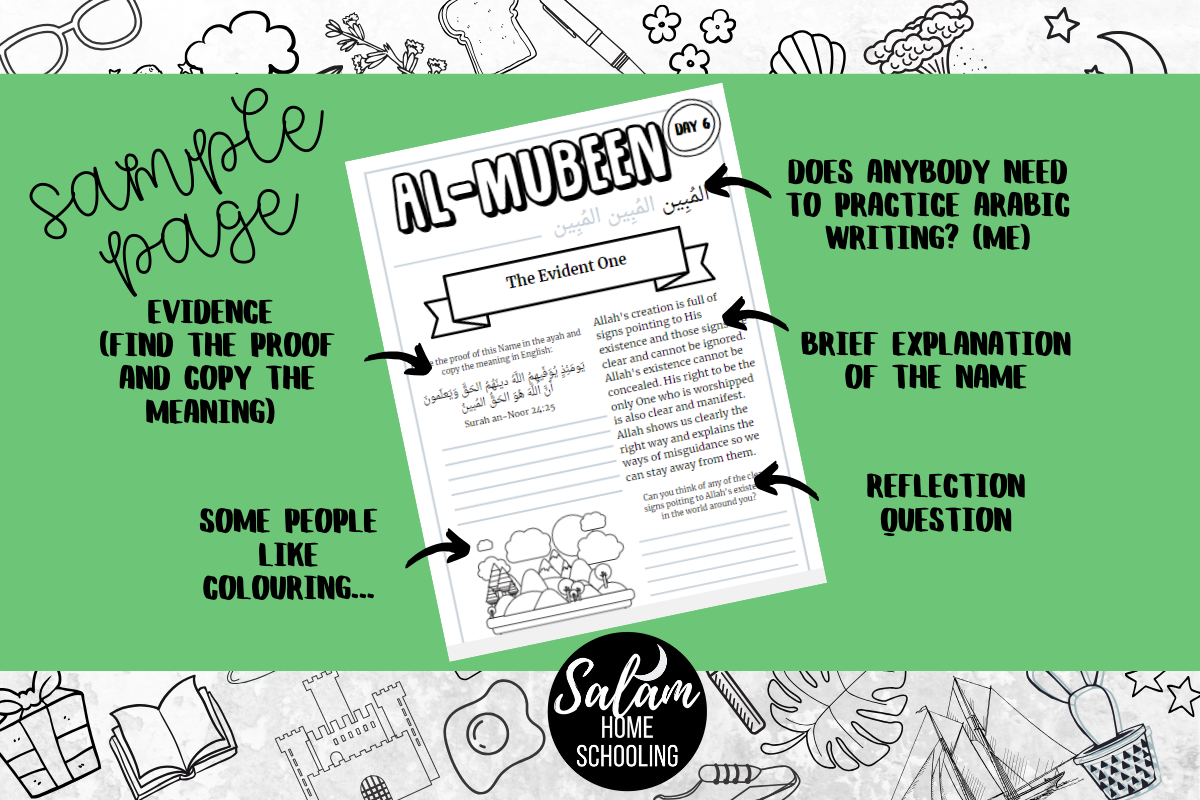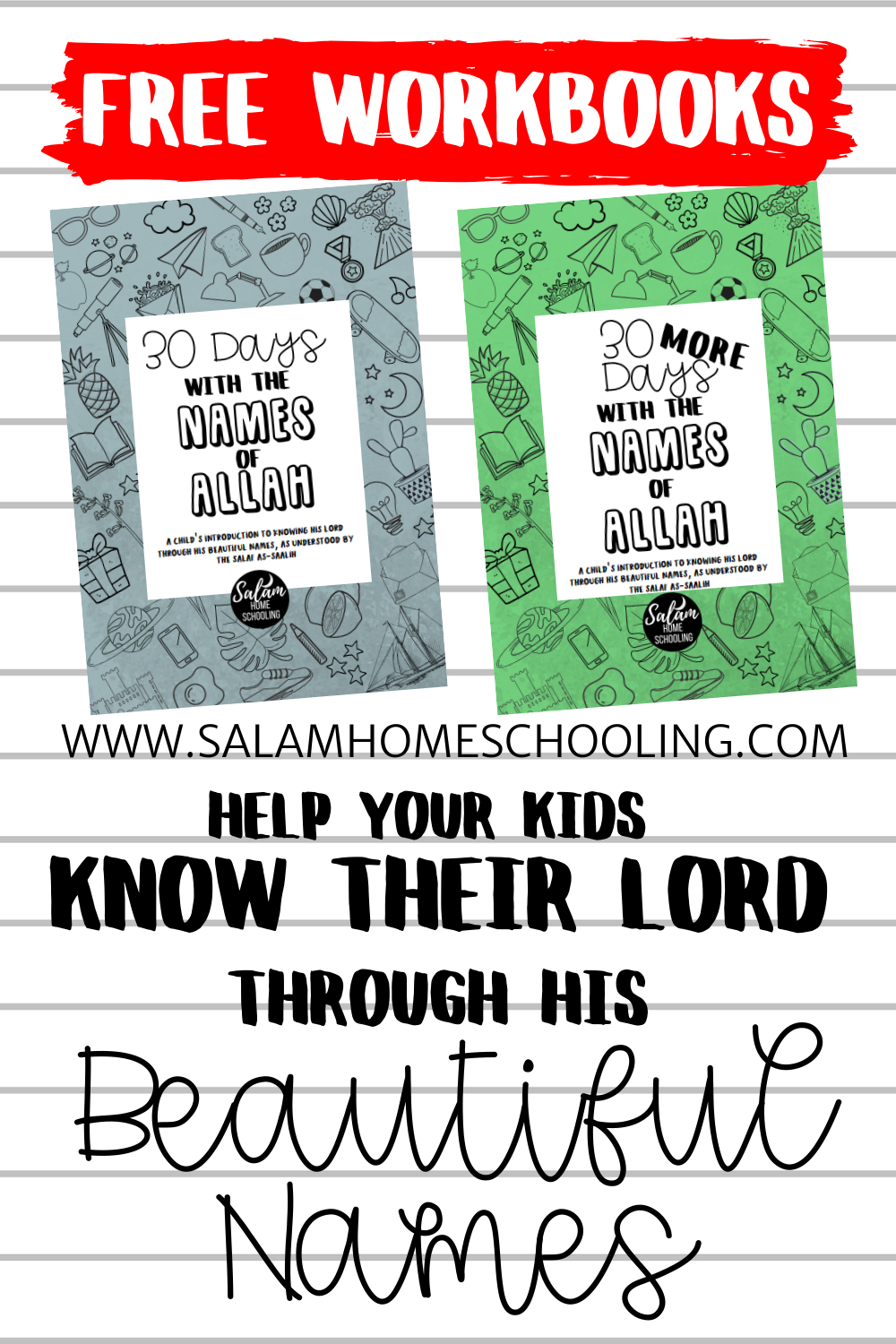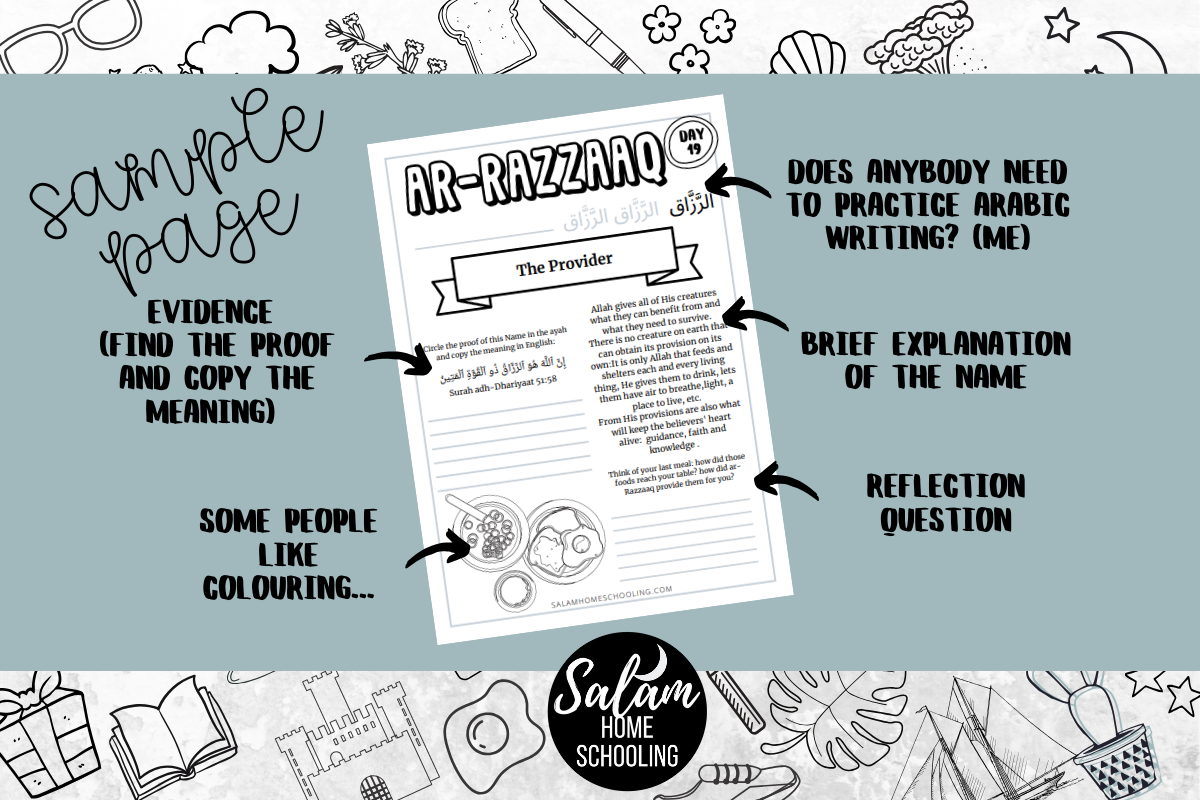Assalamo ‘alaykum and welcome.
“The Three Fundamental Principles” was written so that everybody could learn. Shaykh Muhammad ibn Abdul-Wahhab wrote it in a very concise and easy way, so that everybody could access this vital knowledge: from students of Islamic knowledge, to uneducated peasants, from royalty to school children, and anyone in between. And, by the mercy of Allah, it did spread far and wide.
Yet, when I picked it up Explanation of the 3 Fundamental Principles of Islam (the beautiful, deep and compelling explanation by shaykh Uthaymeen, rahimahullah) eager to share it with my children, I found that I needed to do some preliminary work.
The explanation and, on top of that, the translation into English both add extra material and extra layers for our minds to process. In the case of my children – aged 12 and 9 – I find that, if I want to keep to a level that they can access easily and internalise, I have to break it down for them.
It really helps to isolate the main points, simplify the language when needed and reinforce certain connections.
Like a penguin feeding her chick, sometimes you have to “digest” the knowledge before passing it on to them. This is exactly what I attempted to do.
Download your copy of THE 3 FUNDAMENTAL PRINCIPLES – FREE WORKBOOK HERE
The workbook
I put together this workbook from the notes I took while re-reading Explanation of the 3 Fundamental Principles of Islam. I included the main points of the original treatise as well as most of those in the explanation, alhmadulillah. I simplified the language and tried to express difficult concepts in a child-friendly way. A student of knowledge checked my re-wording, alhamdulillah.
You will find in the index page the list of lessons I included as well as page numbers from the book Explanation of the 3 Fundamental Principles of Islam, should you wish to refer to it.
Each page of the workbook includes:
- A short, simple explanation (roughly half a page or less);
- A few Arabic words taken from the original text (the matn) or from the explanation (all collected and translated in a glossary).
- An activity based on the lesson. Often an ayah mentioned by the shaykh in which to find evidence of the point made.
Arabic words
The ideal approach with this book, and any book, is to be as close as possible to the original. In this case the original is the Arabic matn (which you can download at the bottom of this page).
I chose some Arabic key words for each lesson (and yes, some are repeated in more than once). Most are from the matn, some are from the explanation. Either way, they can be used for copywork and letter formation practice (a little space is given for this) as well as memorisation. Memorising these words and their meaning will provide useful “anchors” of meaning for those ambitious students (and mamas!) who will try to memorise the whole matn: A very desirable practice that is at the core of seeking knowledge, alhamdulillah.
Even for those who do not plan to memorise the original text, reading it as you go, along with the English translation is extremely important even to those with very limited Arabic: it will really improve your familiarity with sentence structure and basically teach your brain what Arabic looks and sounds like, even if you don’t understand most of the words, insha’Allah.
Do you need to buy the book?
Do you need to get hold of Explanation of the 3 Fundamental Principles of Islam to complete this workbook? Yes and no.
No, strictly speaking, you only need the matn: The original text of “The 3 Fundamental Principles” by shaykh Muhammad ibn Abdul-Wahhaab, which is available online as a free PDF both in Arabic and in English.
Yes, because you should definitely read this book. You, the adult, should read it, for your own education as a Muslim. Ideally you should own it. It should be your close companion. It is one of those books that, everytime you go back to it, you will find more benefits, alhamdulillah. And you will go back!
Useful links
There is hardly a masjid upon the Sunnah that hasn’t at some point offered a class in “The 3 Fundamental Principles”, alhamdulillah. Below you will find some series of classes you can listen to, the first being from the translator of the edition I used, Abu Talha (rahimahullah).
The Explanation of the 3 Fundamental Principles by Abu Talha Dawood Burbank (rahimahullah)
The 3 Fundamental Principles – taught by Mustafa George
The Three Fundamental Principles – taught by shaykh Hassan al-Banna (rahimahullah)
This is by no means an exhaustive list, in fact you might find a live class being run at your local masjid too, insha’Allah.
I ask Allah that He benefits my family and yours through this humble effort.
Download your copy of THE 3 FUNDAMENTAL PRINCIPLES – FREE WORKBOOK HERE





















